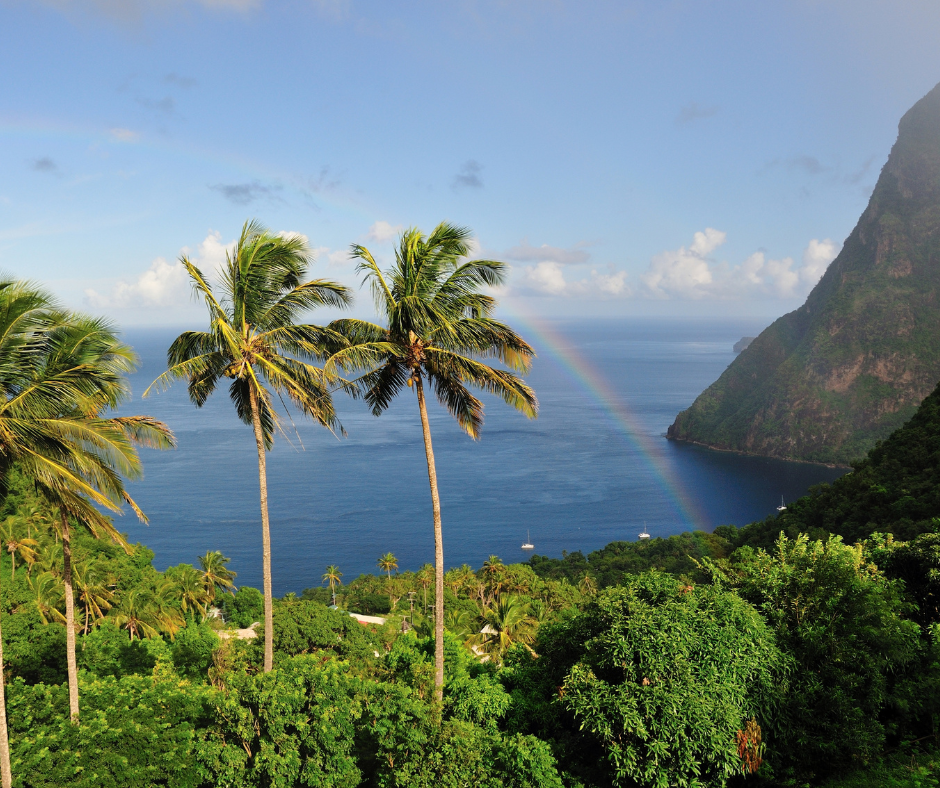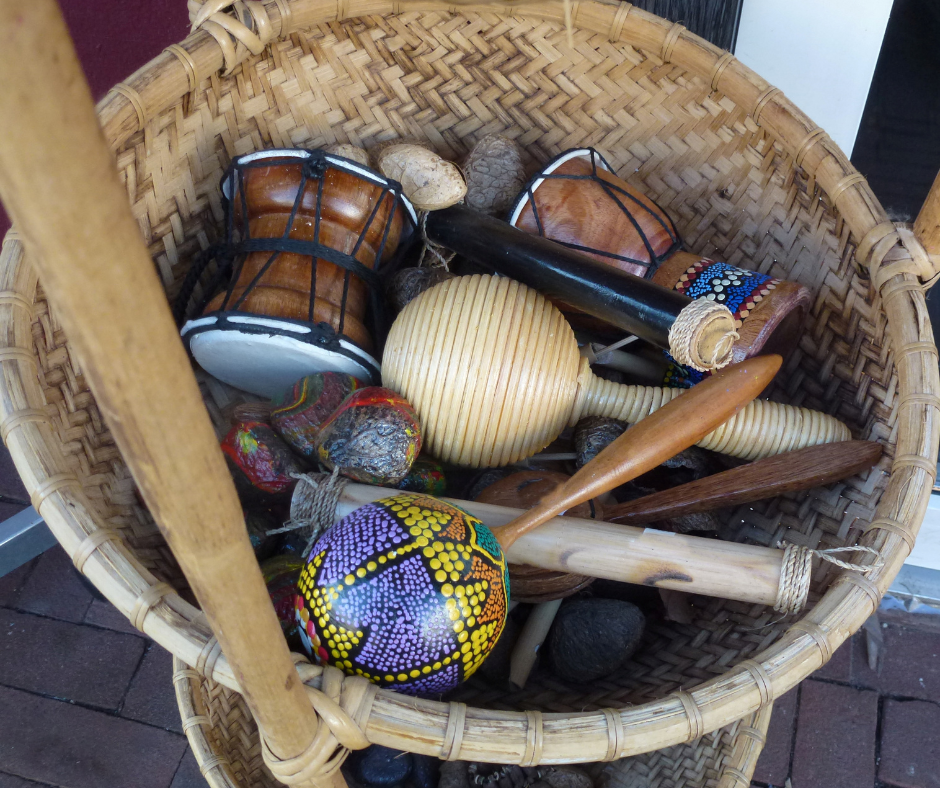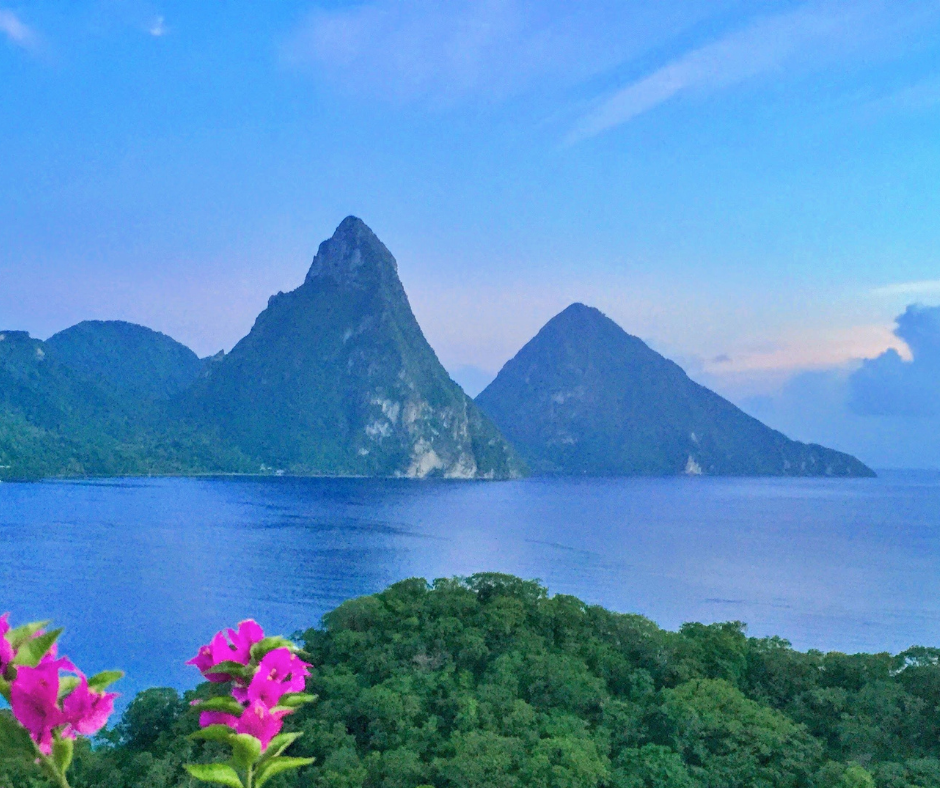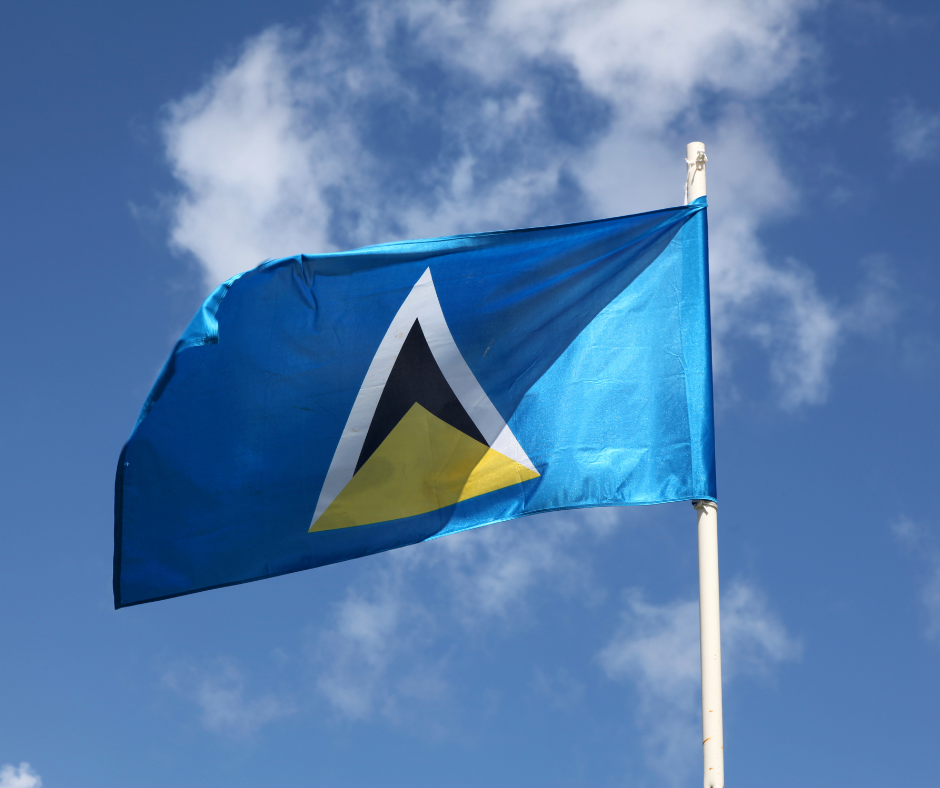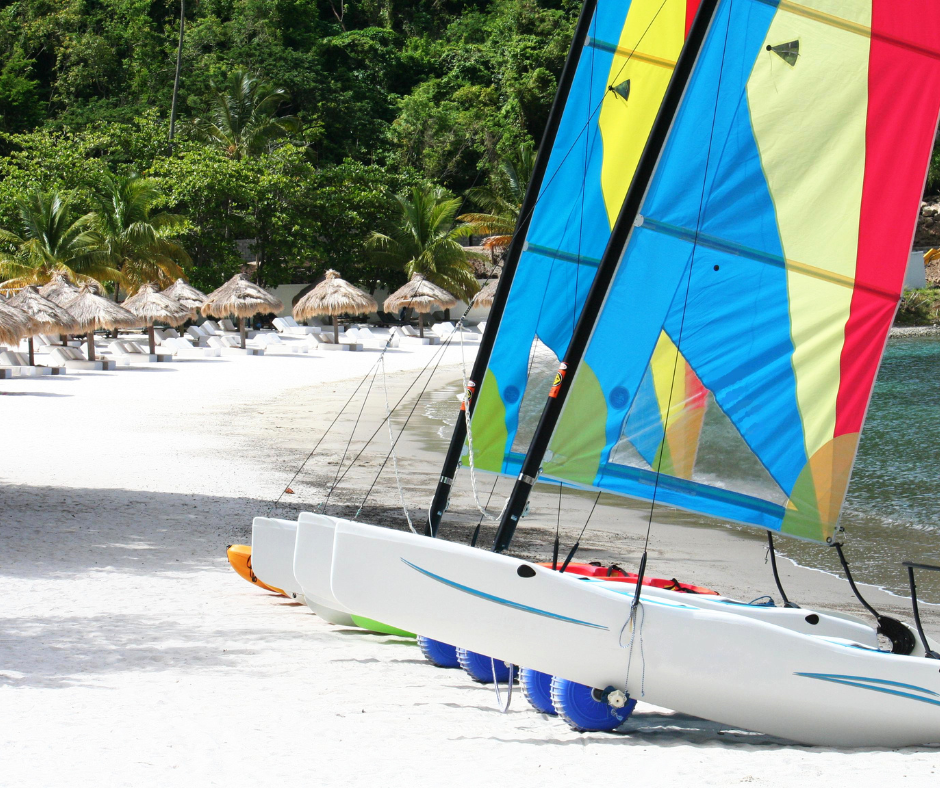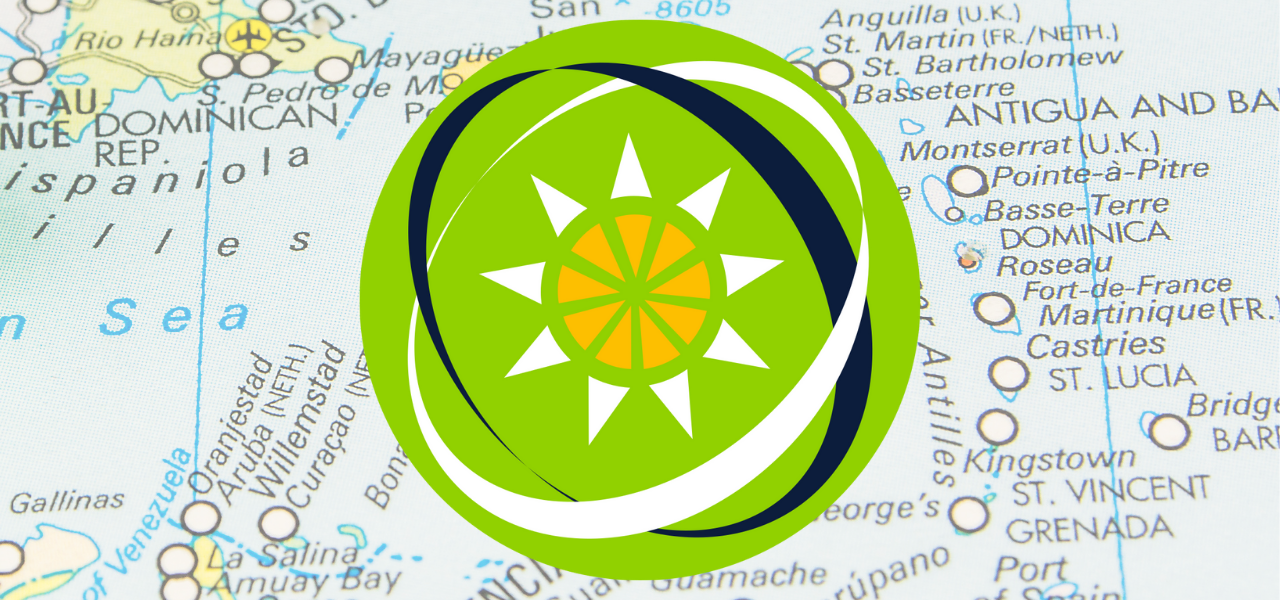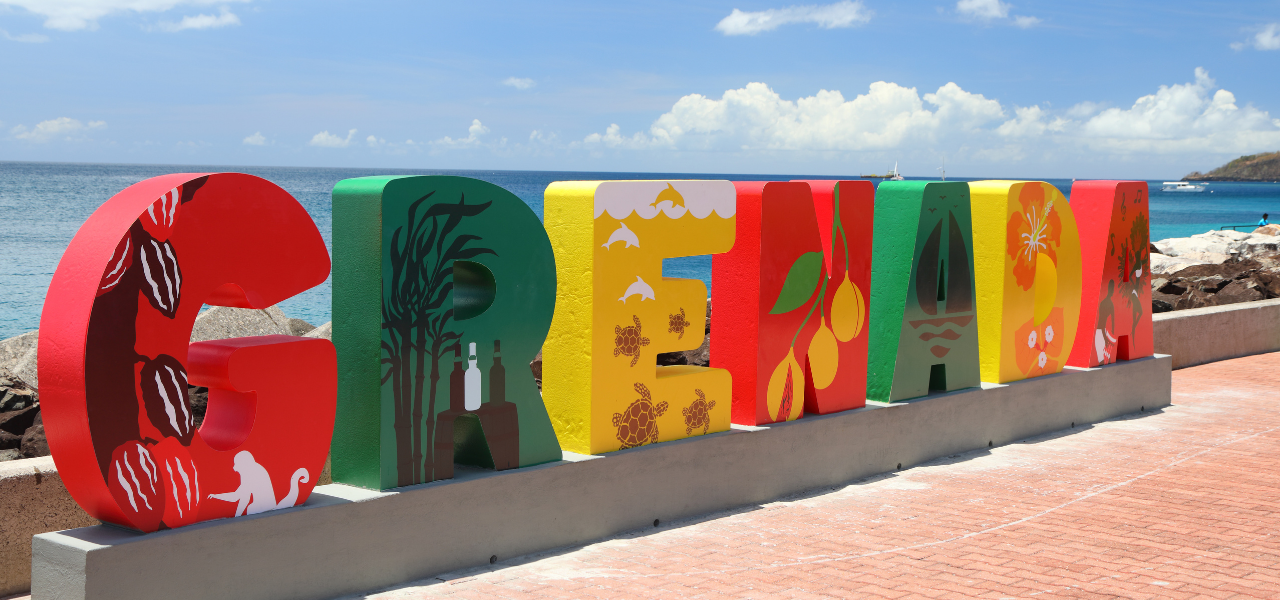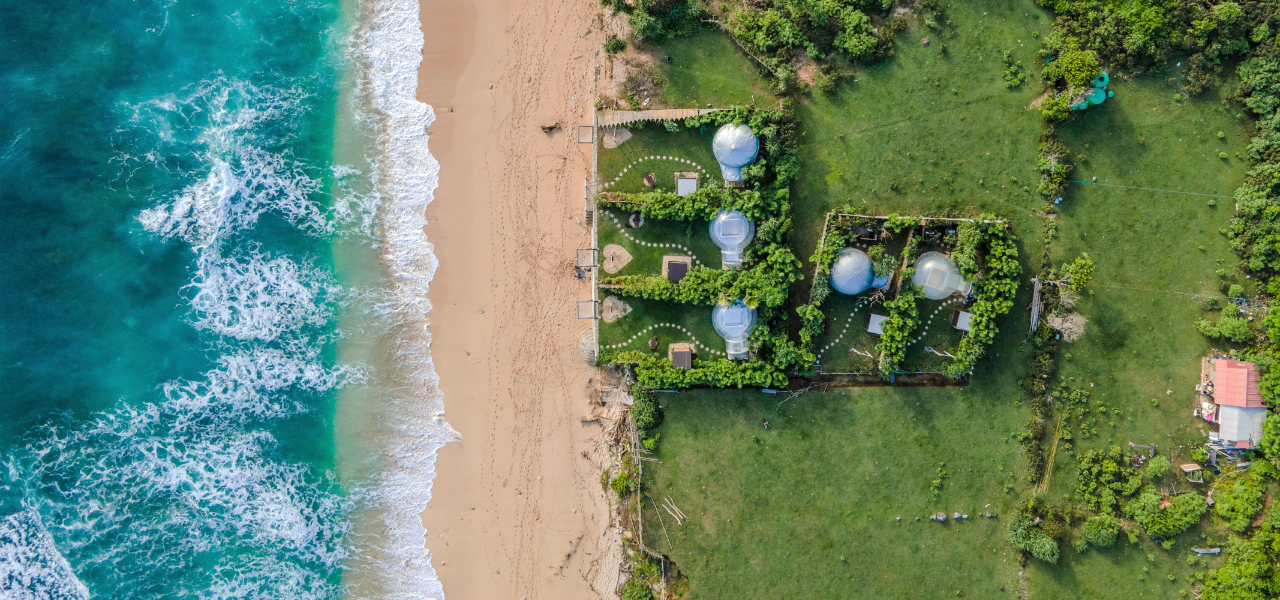Evolving Grenada CBI requirements: Get to Know Grenada Through Its Culture – A Look at Grenada’s National Dish
Grenada’s national dish, Oil Down, is much more than food - it is a cultural expression of togetherness, resilience, and history. Rooted in the island’s past yet cherished as a communal experience today, Oil Down exemplifies Grenadian culture. For those exploring the island - whether as visitors or prospective CBI citizens - this dish is not only a culinary delight but also an introduction to the values and traditions that bind Grenadian society and now ties to Grenada CBI requirements.

This article is the first in a series that will explore Grenada’s unique cultural identity, traditions, and way of life. As cultural orientation is expected to become a formal requirement for applicants under Grenada’s Citizenship by Investment Programme, it is increasingly important for prospective citizens to gain meaningful insights into the culture of Grenada. Through this series, we will highlight aspects of Grenadian life that define the Spice Isle - beginning with its celebrated national dish. By connecting these traditions to the evolving Grenada CBI requirements, we aim to provide both cultural context and practical understanding for future citizens.
Evolving Grenada CBI landscape
As the Citizenship by Investment landscape in the OECS evolves, particularly having regard to the potential introduction of residency and genuine link requirements for individuals who obtain citizenship via the CBI Programme as proposed in the draft Eastern Caribbean Citizenship by Investment Regulatory Authority (EC CIRA) Agreement Act, future newly minted CBI citizens will be required to undergo cultural orientation. As such, it is only fitting that in anticipation of regulatory changes to the CBI industry in Grenada, which is highly likely to adopt this new legislative framework, we explore various aspects of Grenadian culture. In this article, we look at the celebrated national dish of Grenada.

Grenada culture – our national dish
In Grenada, there is a wealth of cuisine available to please the taste buds of many. For those who prefer to indulge specifically in local cuisine, no true Grenadian experience is complete without sampling Grenada’s national dish, “Oil Down”.
Oil Down is a one-pot dish. The cooking of one-pot dishes has its origin in slavery, where bits and pieces of food were collected and cooked together in one pot by slaves to share amongst themselves. Interestingly, Oil Down is usually made in a very large pot, perhaps the largest pot in any Grenadian home. The size of the pot is a reminder that when Oil Down is being cooked, it is meant to be shared with others, whether it is your family, friends or neighbours. Whilst it may be cooked on a stove top indoors, there tends to be a preference for Oil Down to be cooked outside over a slow-burning coal fire, particularly because that gives people the opportunity to engage in much banter. In fact, on an average island tour or visit to a beach, it would not be surprising to observe a sizeable pot on a fireside with lots of people chatting casually awaiting their meal, which is highly likely to be Oil Down.

What is Grenada's national dish made from, and how is it made?
Oil Down is a type of stew where ground provisions and salted meat are cooked in coconut milk. These are the key ingredients in Oil Down:
- breadfruit
- saffron/turmeric
- salted meat
- coconut milk
- callaloo/dasheen leaf.
.png)
The integration of those key ingredients is the core content of Oil Down. Without breadfruit, there is no Oil Down. Whilst it is acceptable to include other types of ground provision in the dish, for example, yams, the omission of breadfruit is unacceptable. The salted meat used in Oil Down is traditionally salted pigtails. It can be substituted with salted beef, chicken or seafood or meat may be excluded to make a vegetarian option – at times, all these ingredients may at the same time be included in an Oil Gown pot. If salted meat is used, there is no need to add any further salt to this dish and is a reminder that prior to being able to refrigerate meat, salt was used as a means to preserve meat. The coconut milk is what brings all the ingredients together and creates the oil that the dish is known for. Saffron or turmeric is a key seasoning and gives the dish its distinctive, rich yellowish colour. Callaloo leaves are placed on the top of the pot a cover, as the dish cooks. Oil Down also features thick dumplings as a complement to the ground provision, meat and other ingredients in the dish.
The ingredients in an Oil Down pot are uniquely packed with this concept of packing being a topical dispute amongst self-proclaimed professional Oil Down cooks, who argue over the order and manner in which ingredients are placed in the pot. Notwithstanding, after the ingredients are packed in the pot, in about an hour or an hour and a half, a pot of Oil Down should be ready for sharing and enjoying.
Final Thoughts

Grenada’s culture is layered, vibrant, and deeply tied to its traditions, and Oil Down is the perfect entry point for anyone seeking to understand it. As Grenada CBI requirements evolve to emphasise residency and cultural integration, engaging with authentic aspects of Grenada culture becomes more than just an enriching experience - it becomes part of establishing a genuine connection to the island. As future CBI citizens look to connect with Grenada - not only as a place of investment but as a home, engaging more deeply with Grenadian life - embracing such traditions will ensure their link to the island is both genuine and lasting. Oil Down, with its rich ingredients and tradition of sharing, offers a flavourful and authentic introduction to Grenadian culture—an essential taste of what it truly means to be part of the Spice Isle. This hearty, communal one-pot meal is not just a reflection of Grenada’s culinary heritage but a symbol of its history, resilience, and community spirit.
FAQs
How might Grenada’s CBI Programme change under the new EC CIRA Agreement?
If the EC CIRA Agreement is adopted, Grenada’s CBI Programme may include new requirements such as residency obligations and proof of a genuine link to the country. This could involve cultural orientation to ensure new citizens understand and engage with Grenadian heritage and values.
Why is cultural orientation being considered for new citizens under Grenada’s CBI Programme?
With proposed changes to the Citizenship by Investment (CBI) framework in the OECS, including requirements for a genuine link to the country, Grenada anticipates introducing cultural orientation for new citizens. This ensures they develop an appreciation for Grenadian traditions—like cuisine—fostering a deeper and more authentic connection to the country.
Why is breadfruit considered essential in Oil Down?
Breadfruit is a salient and staple ingredient as the foundation of Oil Down. Its inclusion is non-negotiable, and many Grenadians believe that without breadfruit, it is a different dish and simply not Oil Down.




.svg)





.png)
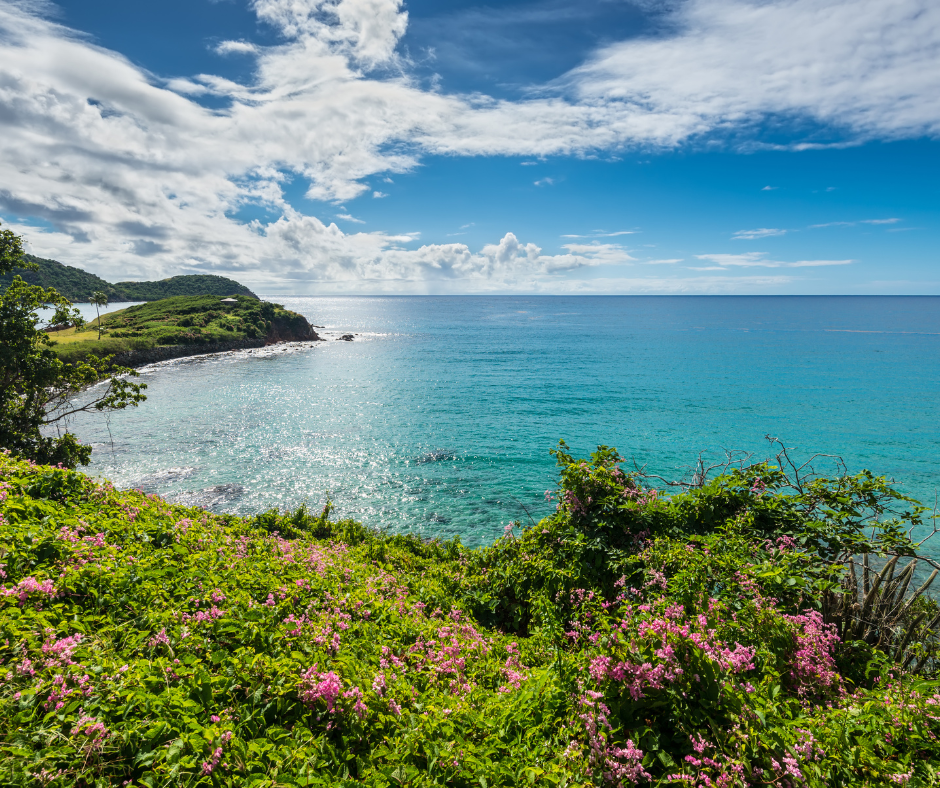
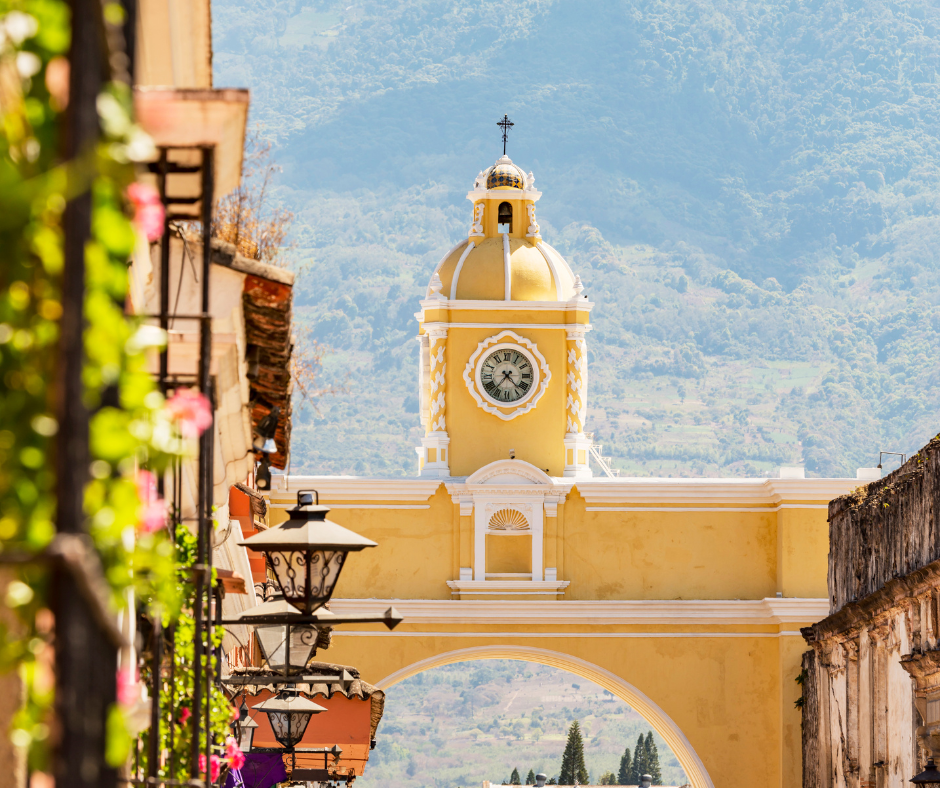
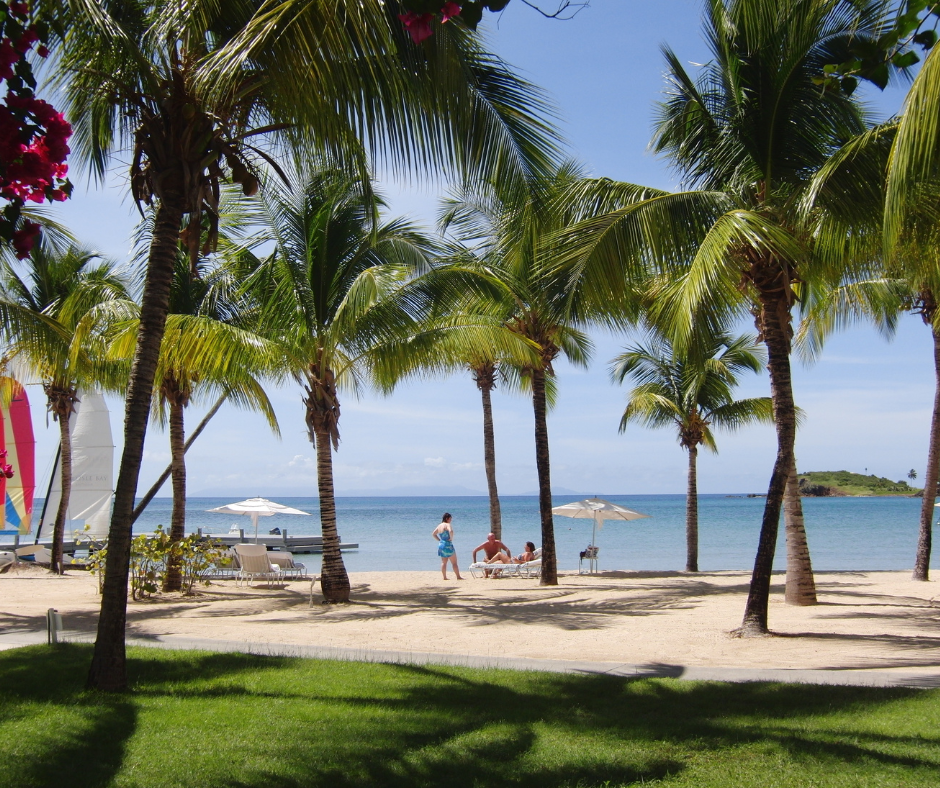
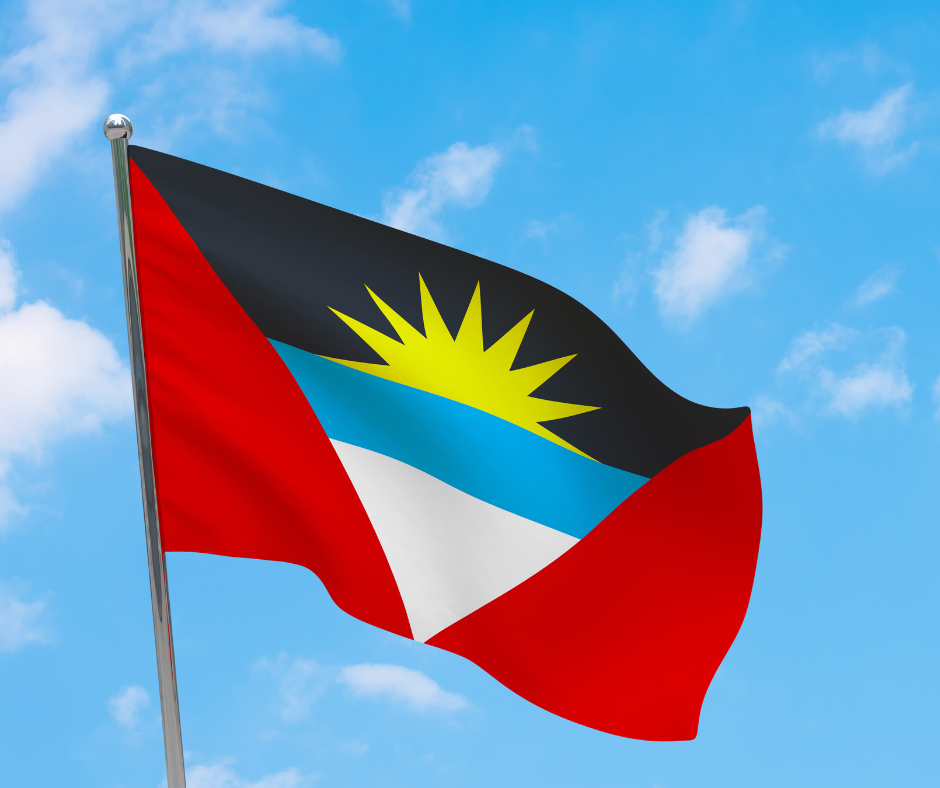
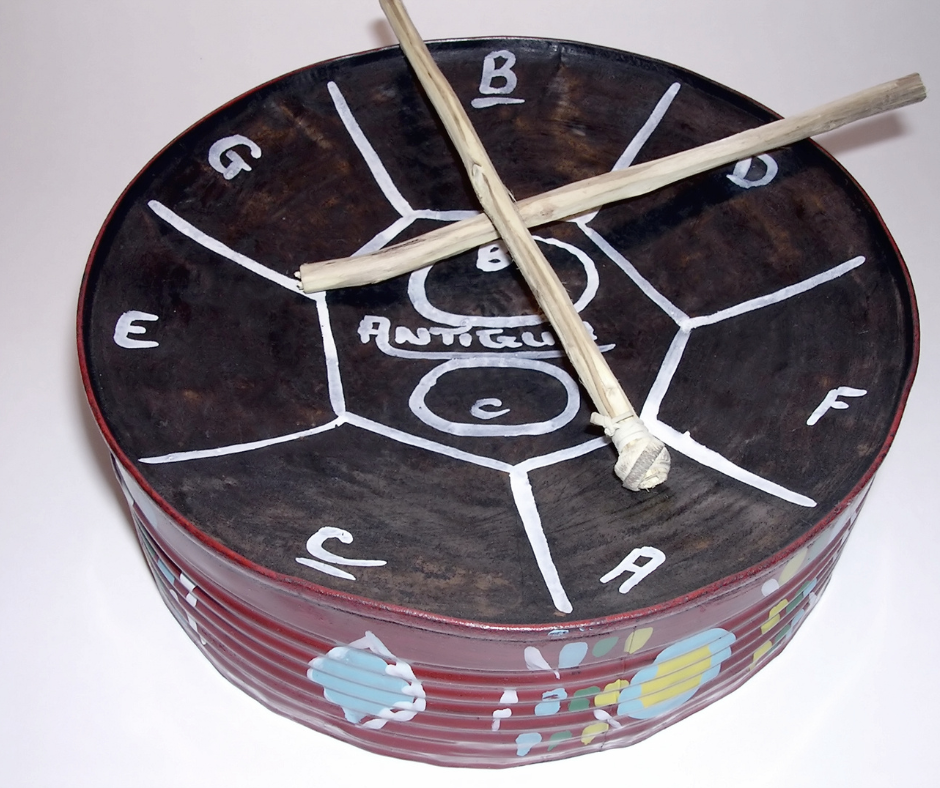
.png)
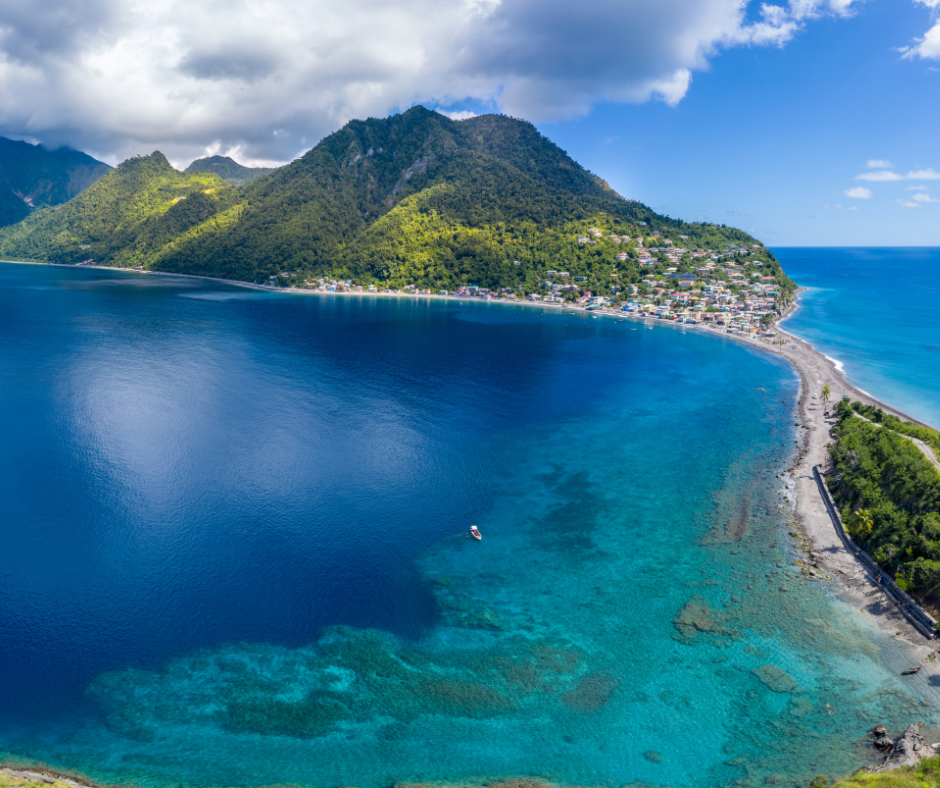
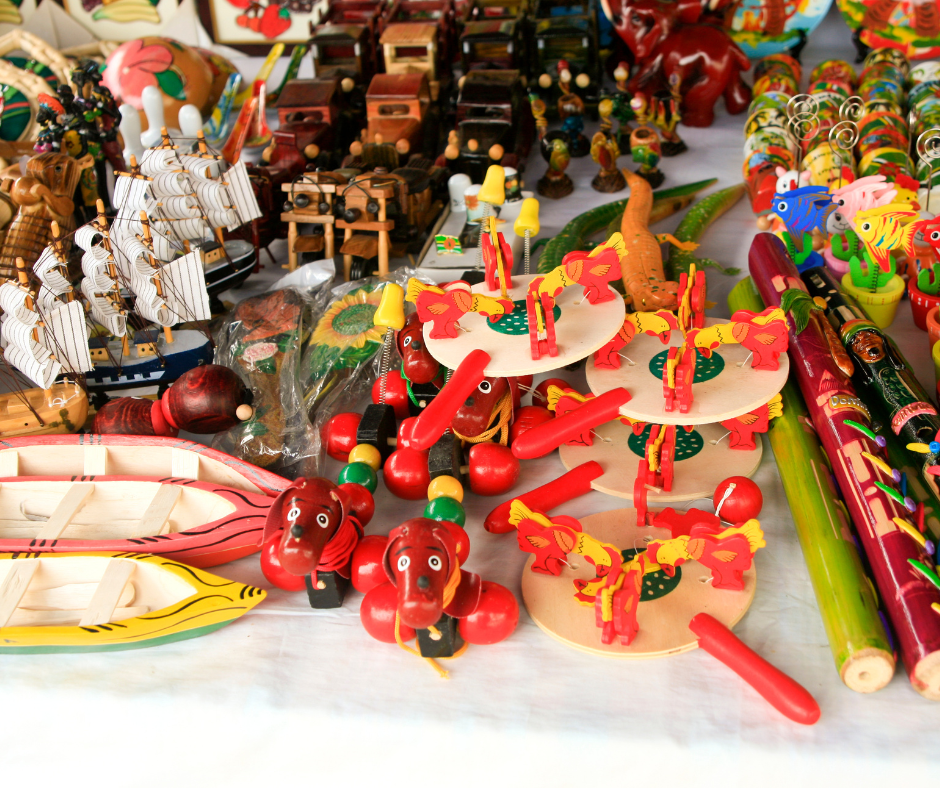
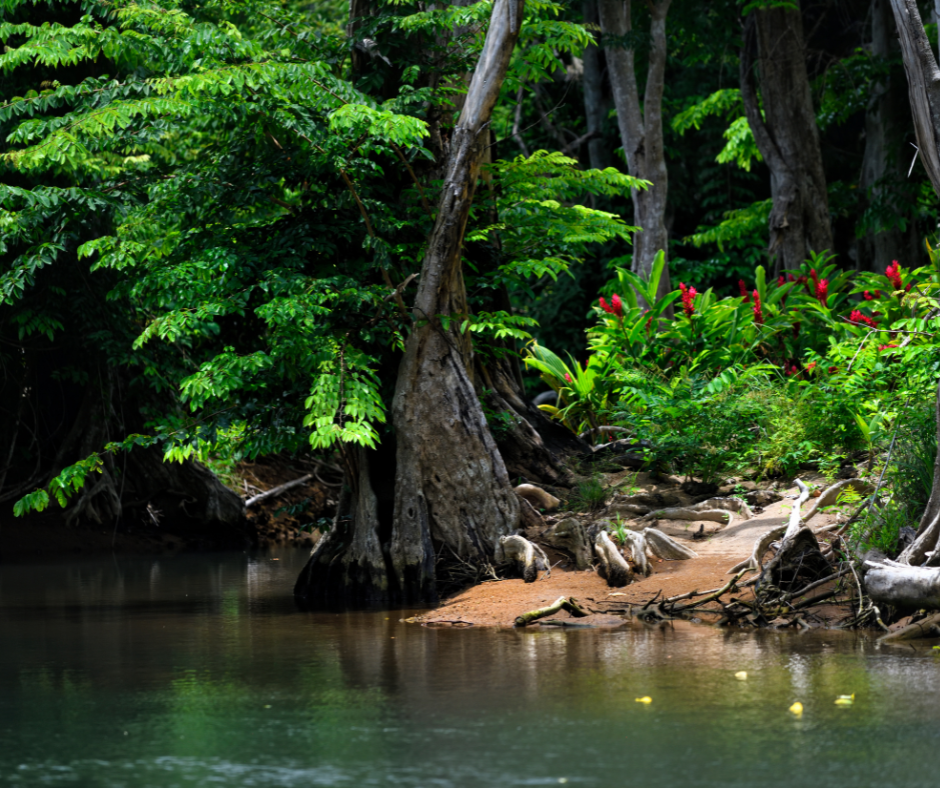
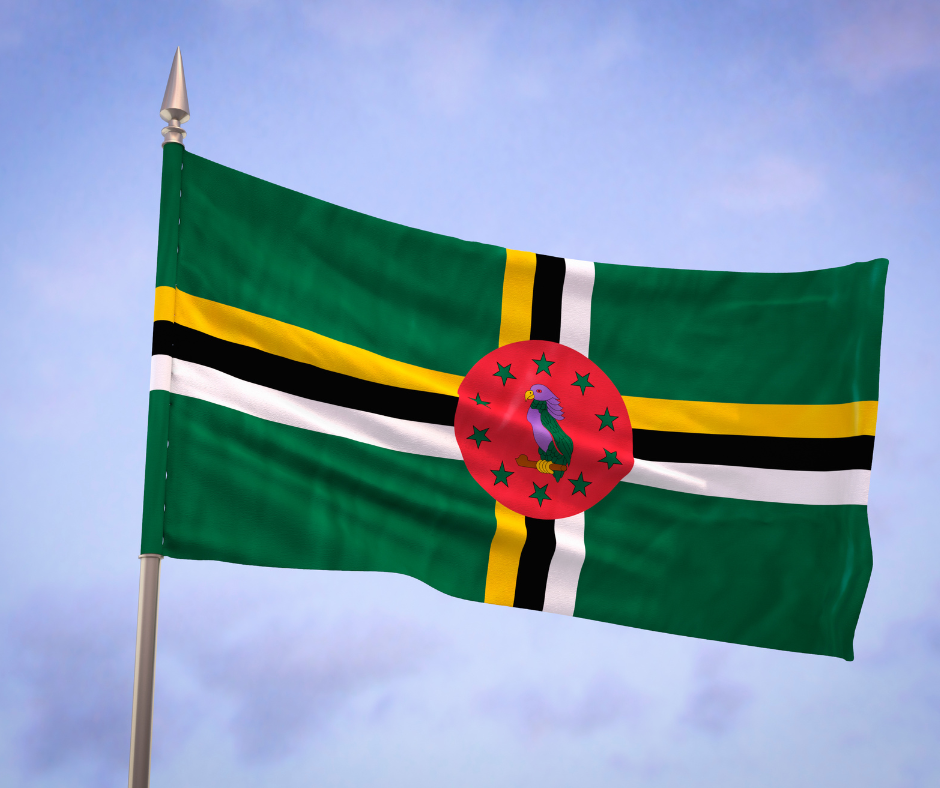

.png)
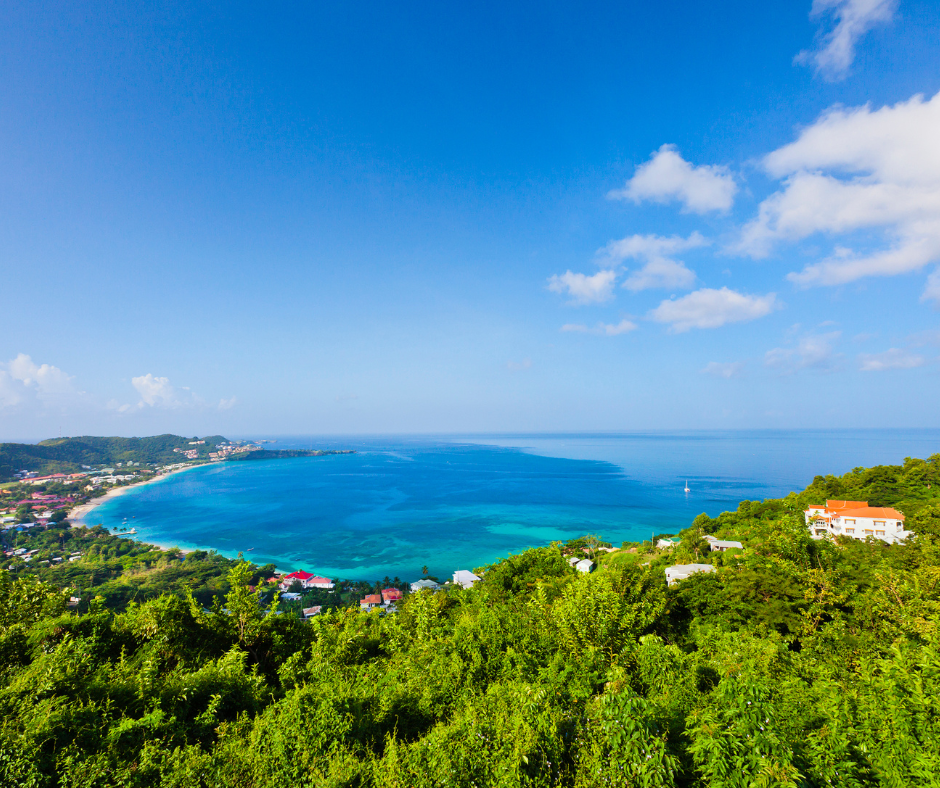
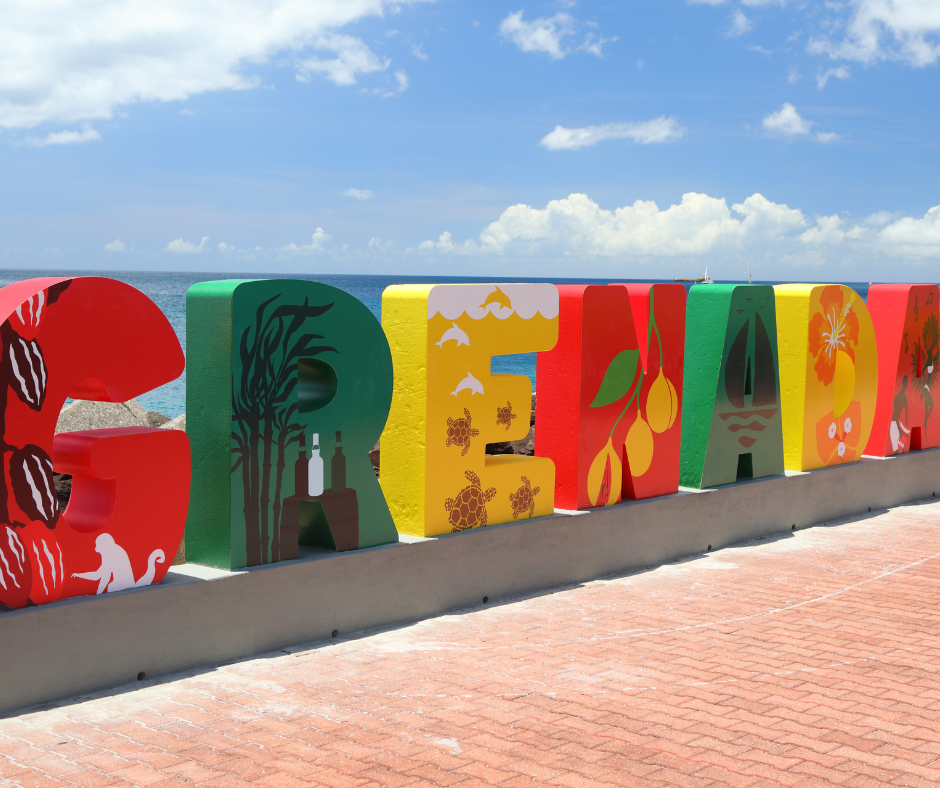
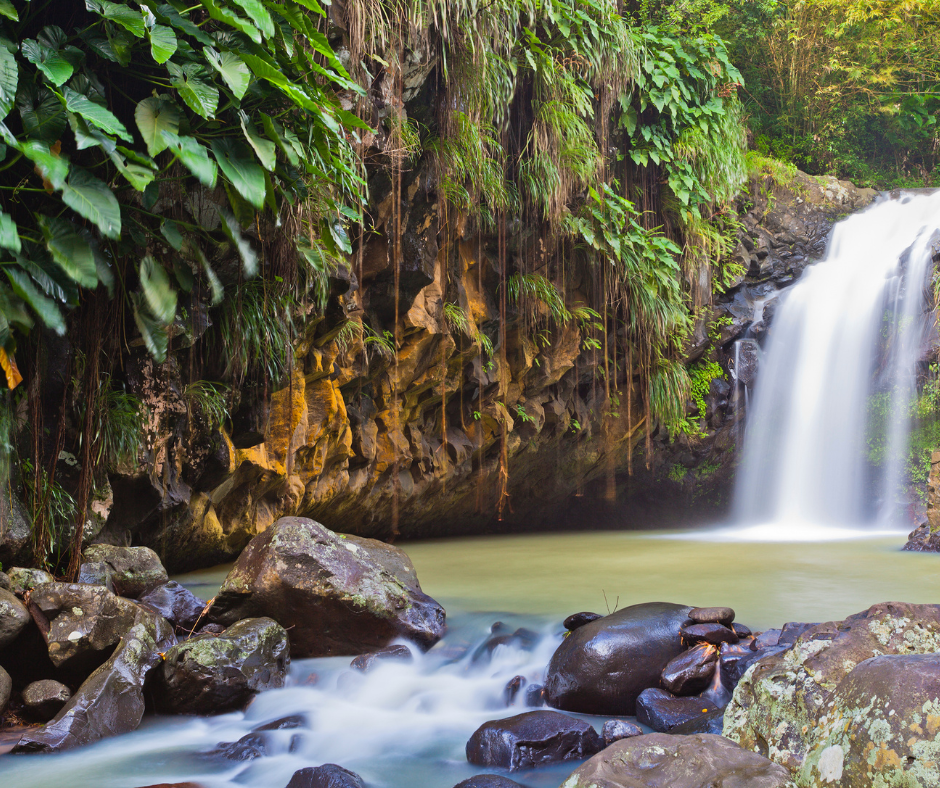
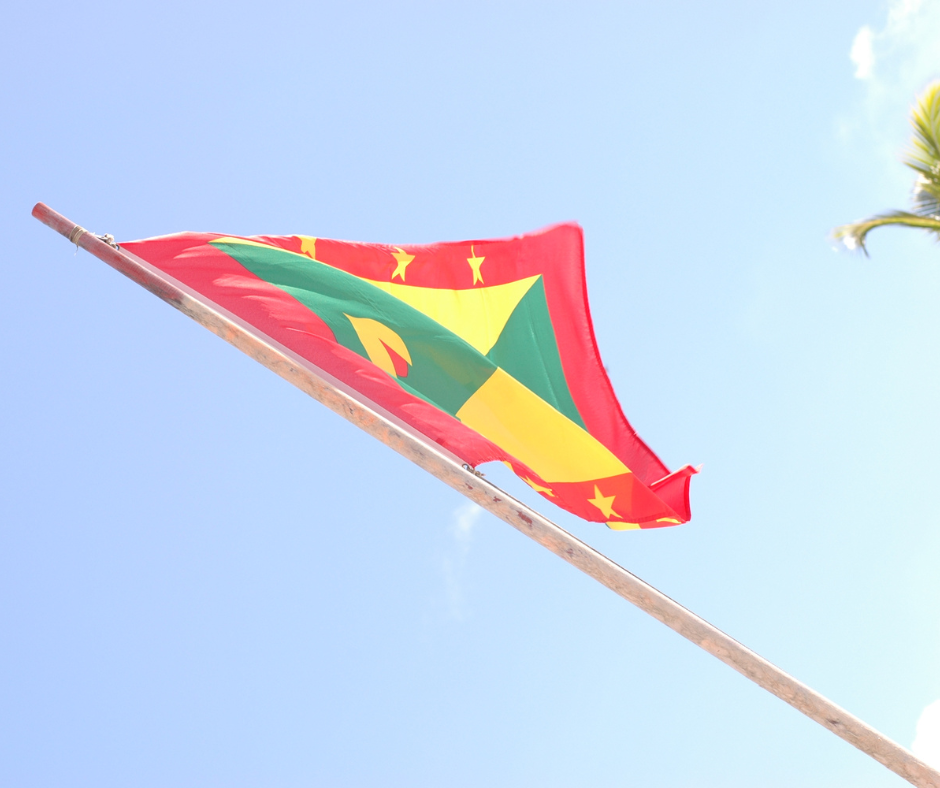
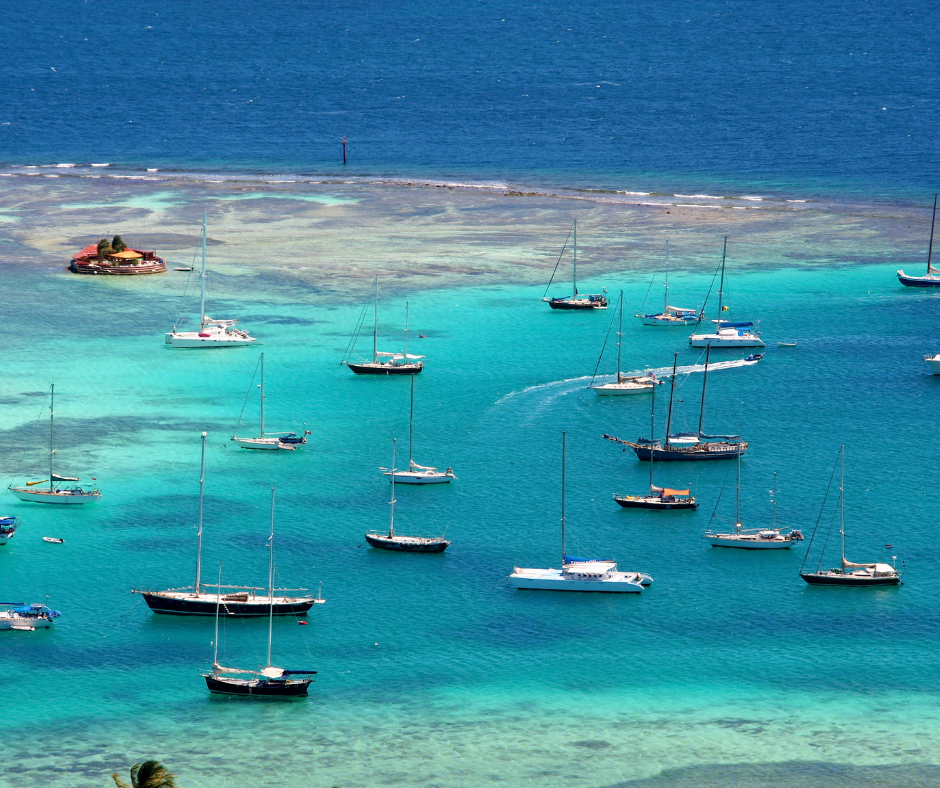
.png)
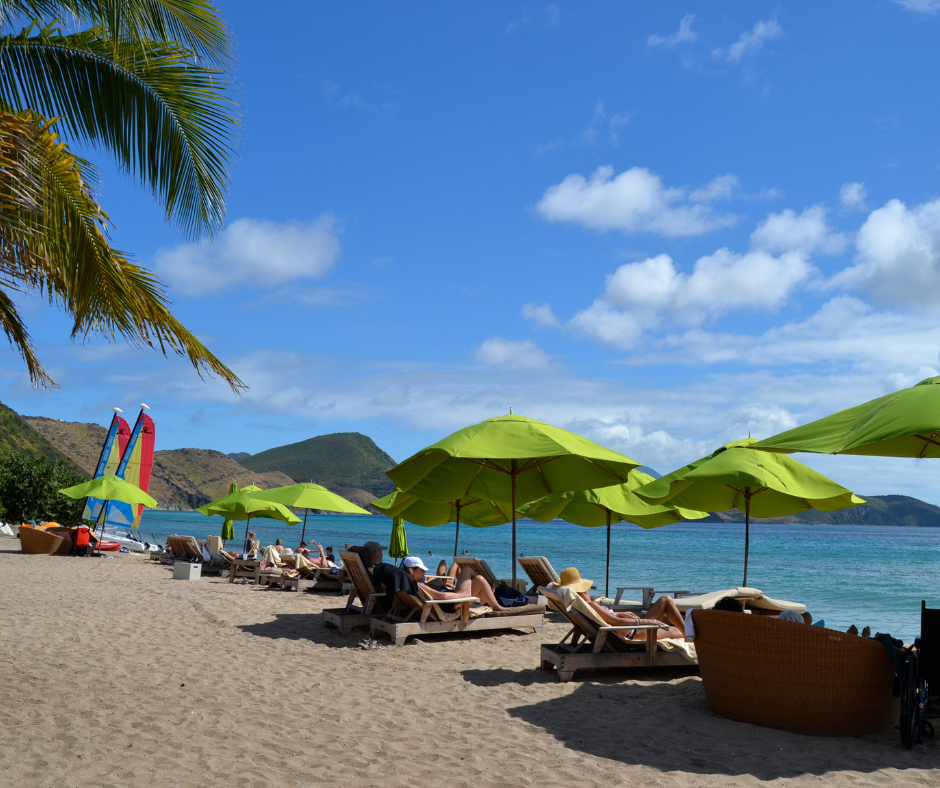
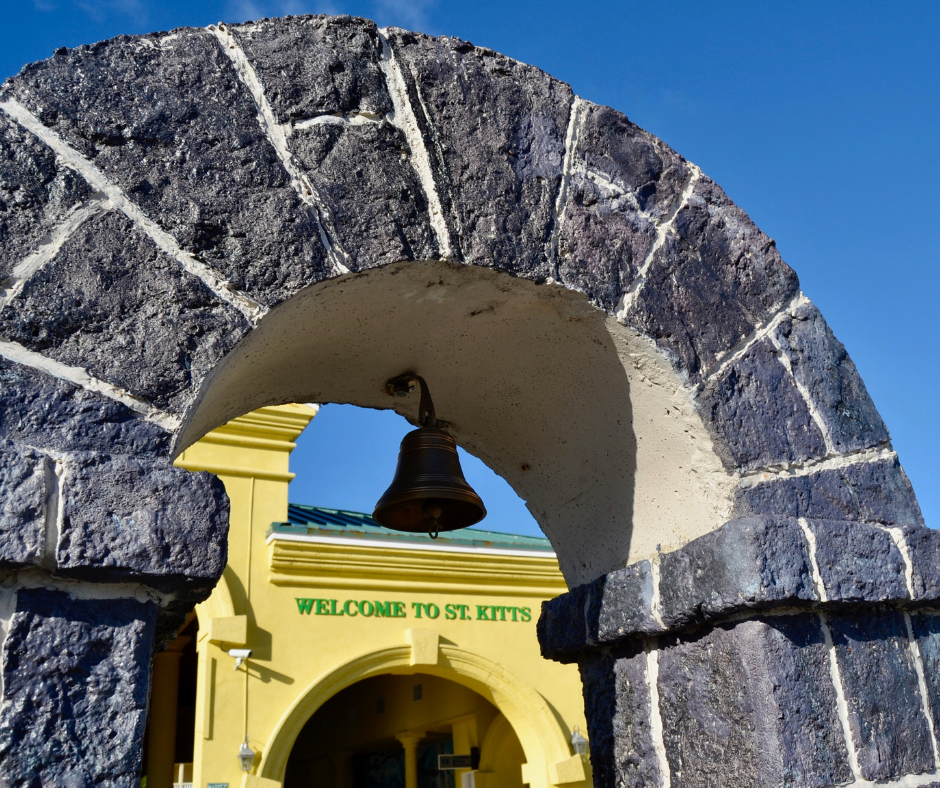
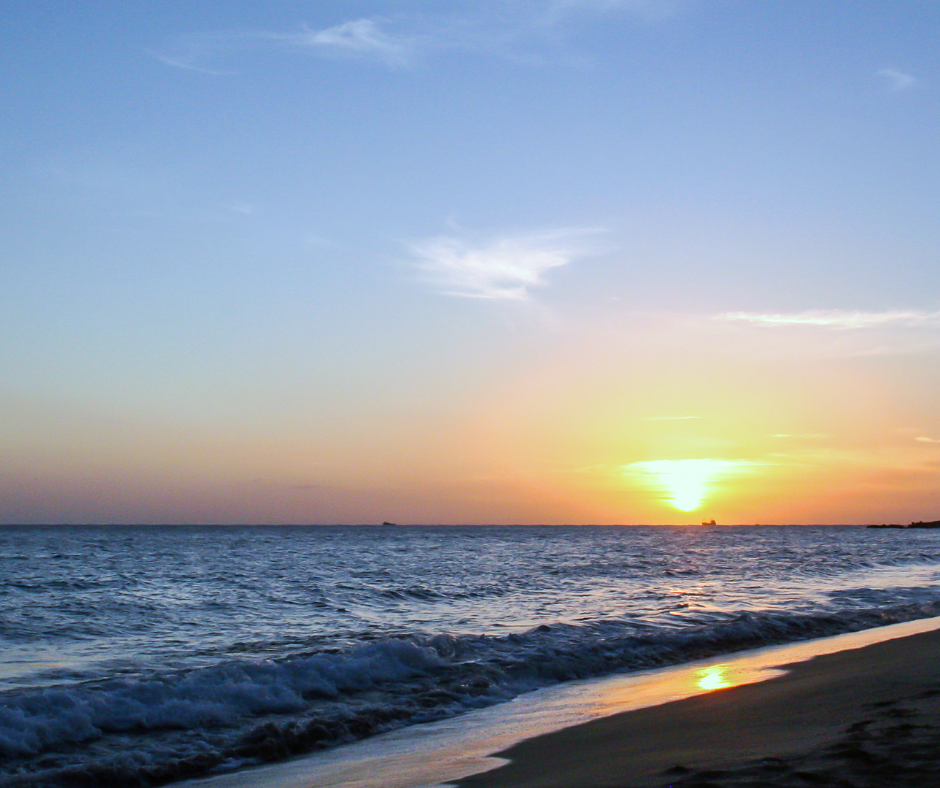
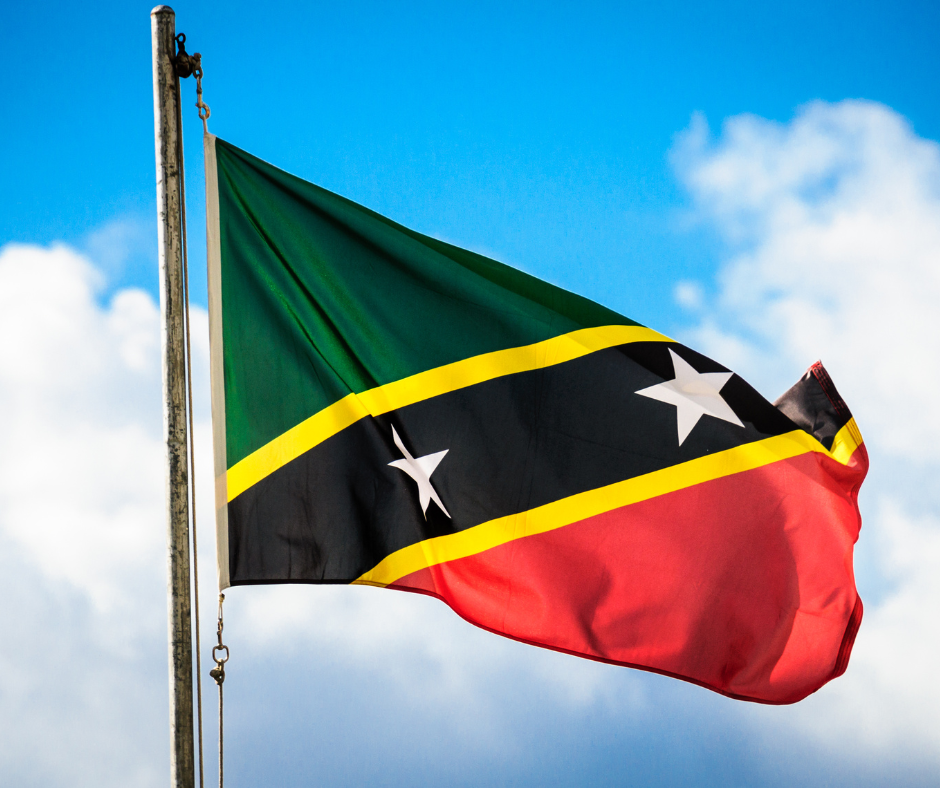
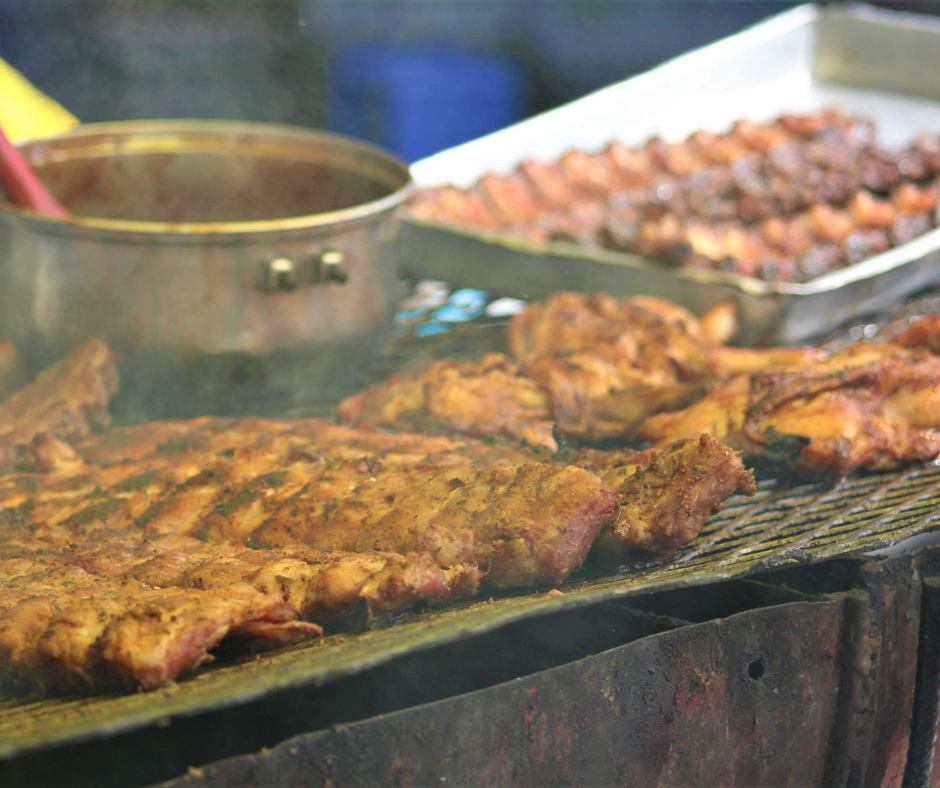
.png)
